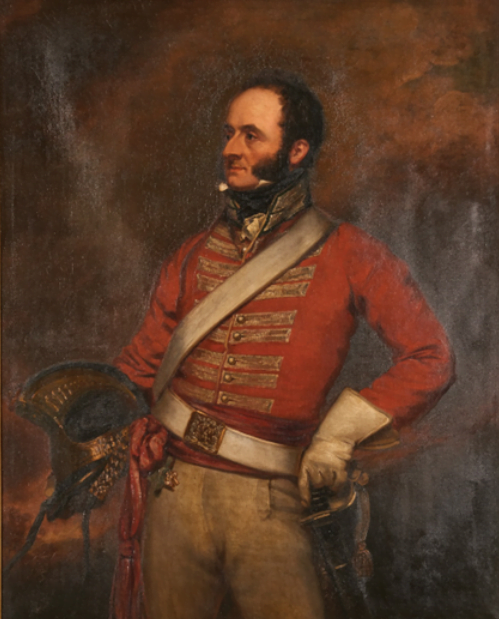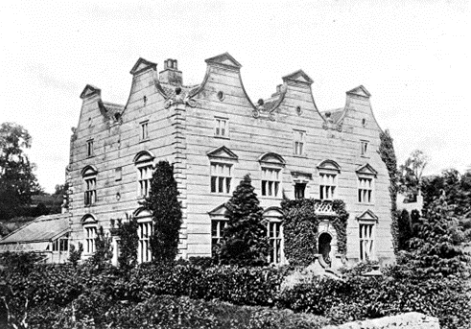James Charles Dalbiac


The father of Susanna, 6th Duchess of Roxburghe had a colourful military career at the height of the wars against Napoleonic France.
The son of a textile manufacturer of Huguenot extraction, Dalbiac was born at his family home at Hungerford Park (Berks). Aged 17, like many young men from wealthy backgrounds, his father purchased for him a commission in the army. So it was that in 1793, Dalbiac joined the 4th Light Dragoons as a Cornet (the cavalry equivalent of an Ensign in the infantry and the lowest commissioned rank). A state of near constant war with France meant there was much work to be done for the British army, and Dalbiac purchased his advancement to his Majority and eventual promotion to a Lieutenant Colonelcy and command of a battalion in Portugal in 1808. Arthur Wellesley (later Duke of Wellington’s) command of the army on the Iberian Peninsula saw Dalbiac and the 4th Light Dragoons in action at the great victory at Talavera in 1809, with Dalbiac assuming Regimental command for the battles of Campo Mayor and Los Santos in 1811.
Famously, during and after the battle of Salamanca in 1812, Dalbiac’s wife, Susanna, helped the wounded on the battlefield, at significant risk to her own life. Dalbiac was involved in the decisive cavalry charge that defeated the French, and was re-united with his wife on the field. She had narrowly escaped being crushed by the British horse, being pushed beneath one of the heavy guns as they clattered past her in disarray. With courage undaunted by this narrow escape, Mrs Dalbiac wended her way over the corpse strewn plain in search for him. Napier, in his History of the Peninsular War, thus writes of her: ‘The wife of Colonel Dalbiac, an English lady of gentle disposition and possessing a very delicate frame, has braved the dangers and endured the privations of two campaigns with the patient fortitude which belongs only to her sex. In this battle, forgetful of everything but that strong affection which had so long supported her, she rode deep amidst the enemy’s fire, trembling yet irresistibly impelled forward by feelings more imperious than horror, more pressing than the fear of death’.
Dalbiac and his wife returned to England after Salamanca, and she gave birth to their only daughter Susanna in 1814. The following year, they purchased Moulton Hall, Richmond, in Susanna’s native county of Yorkshire. There followed a period of service in India, where as a Brigadier-General, he commanded the Gujarat district of Bombay between 1822-4. He was promoted Major-General in 1825. King William IV made him a Knight Commander of the Royal Guelphic Order (KCH), a Hanoverian Order of chivalry founded by George IV. Dalbiac then went on to be the Member of Parliament for Ripon between 1835 and 1837. In 1836, his daughter Susanna married James, 6th Duke of Roxburghe, and Dalbiac was obliged to sell Moulton Hall to finance his daughter’s dowry.

Moulton Hall, in Yorkshire
Dalbiac had a major part to play in the development of Home Park at Floors Castle, being involved in much of the landscaping work. He died in London, aged 71, in 1847.

